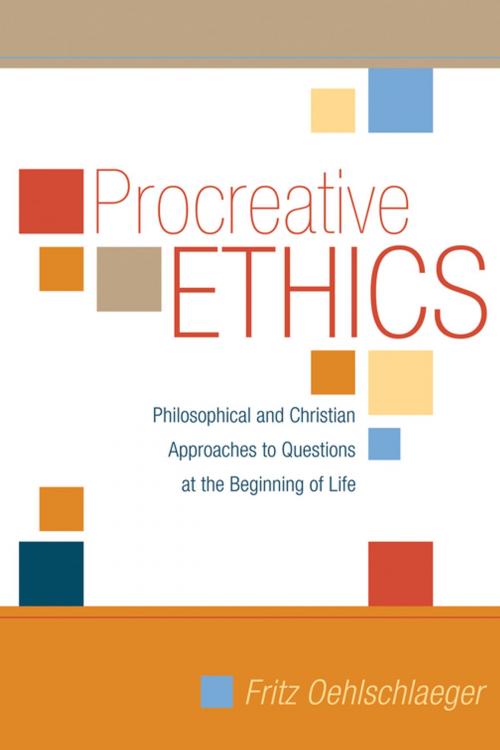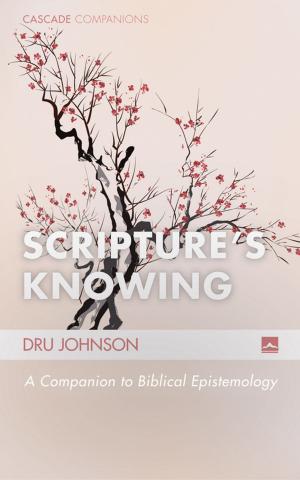Procreative Ethics
Philosophical and Christian Approaches to Questions at the Beginning of Life
Nonfiction, Religion & Spirituality| Author: | Fritz Oehlschlaeger | ISBN: | 9781630874421 |
| Publisher: | Wipf and Stock Publishers | Publication: | January 1, 2010 |
| Imprint: | Cascade Books | Language: | English |
| Author: | Fritz Oehlschlaeger |
| ISBN: | 9781630874421 |
| Publisher: | Wipf and Stock Publishers |
| Publication: | January 1, 2010 |
| Imprint: | Cascade Books |
| Language: | English |
Procreative Ethics addresses questions at the beginning of life from a point of view that is alternatively philosophical and Christian. The author seeks to defend philosophically some positions taken partly on Christian grounds while also trying to make the implications of Christian convictions intelligible to those who do not necessarily share those convictions. The author positions himself neither as a moral friend nor moral stranger, preferring instead the role of moral acquaintance to his audience. From that position, the goal is to find areas of fruitful agreement while clarifying differences that may lead to truer reconciliations further on in the conversation. The book opens with an attempted natural law defense of artificial contraception; devotes four chapters to criticism of current defenses of abortion; and then takes up, in six remaining chapters, such matters as genetic enhancement of children, the justice or injustice of genetic revision, the harm conundrum or non-identity problem, designing for disability, and reproductive cloning.
Procreative Ethics addresses questions at the beginning of life from a point of view that is alternatively philosophical and Christian. The author seeks to defend philosophically some positions taken partly on Christian grounds while also trying to make the implications of Christian convictions intelligible to those who do not necessarily share those convictions. The author positions himself neither as a moral friend nor moral stranger, preferring instead the role of moral acquaintance to his audience. From that position, the goal is to find areas of fruitful agreement while clarifying differences that may lead to truer reconciliations further on in the conversation. The book opens with an attempted natural law defense of artificial contraception; devotes four chapters to criticism of current defenses of abortion; and then takes up, in six remaining chapters, such matters as genetic enhancement of children, the justice or injustice of genetic revision, the harm conundrum or non-identity problem, designing for disability, and reproductive cloning.















